Autonomy: The Social Ontology of Art under Capitalism
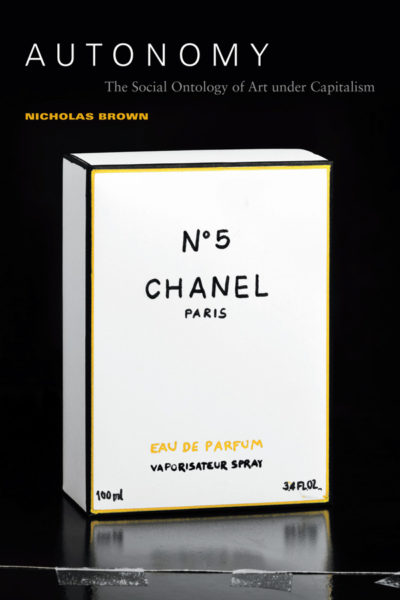
Autonomy names the fact not that artworks are free from external circumstances, but that precisely those external circumstances are actively taken up by works of art in ways that are irreducibly normative.
Art, Intention, and Everyday Psychology

My proposal, then, is that we interpret artworks in the light of intention, that magic feature that turns cardboard into a box, A Modest Proposal into something cunning, and a bag of trash into part of an installation. But that intention is a display-intention. When it comes to generic aims, such as “making a work of art,” we could perhaps make do, in many cases, with conception-intentions; but when it comes to specific projects, like that of raising questions about agency or the aesthetic, display-intentions are going to be indispensable. Further, the display-intention is that of the postulated artist, not that of the empirical maker.
Doing Art and Doing Other Things: On Michaels on Photography
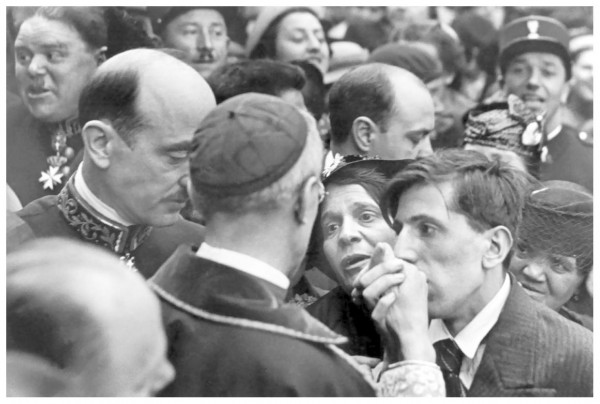
But there are many ways to be an intentionalist. Time is always limited, of course, but each of the various historical predecessors I sketched a moment ago offers distinct nuances, and mentioning them reminds us of the sheer variety of positions—about what’s possible, about where the challenges lie, about where the accent should go—that have been available to thinkers trying to understand intentions in a material world.
Form and Feeling in Photography
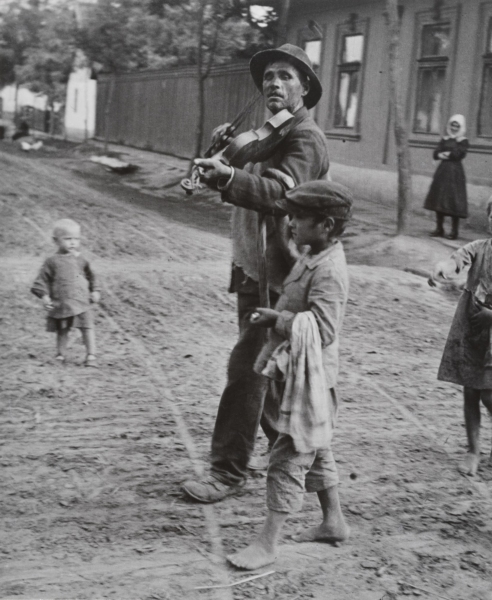
Meaning in art (what you have actually done and said) slips away from the artist’s ranges of control within the environment, for example, of the unprecedented circulation of commodities. But instead of allowing meaning and intention to be coopted, predictably and inevitably, the artists Michaels admires evacuate the work of emotional, affective, or personal forms of address preemptively, as though anti-pathos and anti-sentiment were a shield or defense.
The World and the Will: On the Problem of Photographic Agency
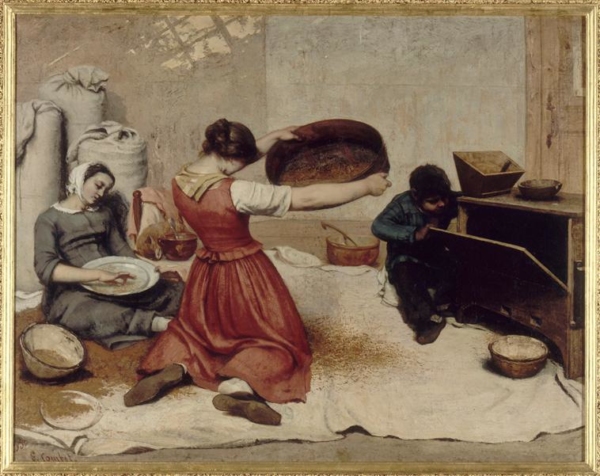
We should be struck by the similarity between Davidson’s position and the Tractarian one that Anscombe rejects. Both positions depict the core of agency (either “willing” or “primitive action”) as on one side of a divide and the world (the results, the wider descriptions) as on the other, with the connection between these things depicted as something further that a human agent must presume but is powerless to effect. And this is exactly the opposite of Anscombe’s own view.
Recognizing Human Action
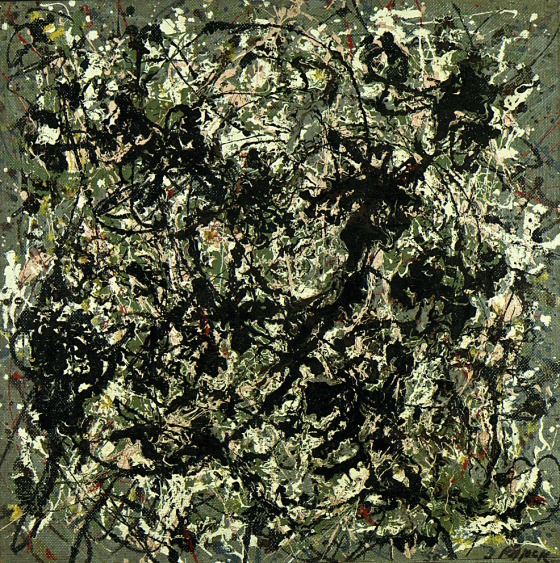
Michaels is confusing the issue when he says that a human artwork that looks like nature in Kant’s sense is participating in “the refusal of intentionality;” rather, it is the outcome of an overcoming of artifice, where the work achieves a naturalness that we could never find in the rest of nature, and so does not let us forget we are beholding something intended. Perhaps chimpanzee paintings fall into an obscure grey area between Kant’s two poles, not achieving the status of painting while—because we cannot but see some intimation of meaning in them—making it impossible for us to appreciate them in the way we do sunsets.
Authors

Browse by Author Browse by Author
Home

New to nonsite read more What the photographer does: Luc Delahaye in Conversation with Michael Friedby Michael Fried & Luc DelahayeDoes ChatGPT refer with Names? Design Intention and Derivative Reference in Large Language Modelsby Samuel C. WheelerBlack History from the Civil Rights Movement to BLMby Touré F. Reed & Pradnya GarudAction/intention/interpretation/ambition—Timothy Bewes and Jensen Sutherby […]
To End Police Violence Fund Public Goods and Raise Wages

All of this is to say that we cannot solve the problem of police violence by avoiding the problem of poverty. Yet this is exactly what the “defund” solution threatens to do. In a remarkable twist, liberal militants have embraced austerity as a solution for local government. Slashing police budgets has been so widely accepted on the Left that criticism of it—on welfarist grounds, policy implementation, or simple political commonsense—has been labeled reactionary or racist. The reality, as I have tried to show, is that if defunding the police were to result in fewer beat cops, more poverty wages for officers in already poor districts, less police training and effectively no change in the presence of guns or the rate of poverty, then the defunding “solution”—for all its radical rhetoric—would likely result in more, not fewer, incidences of police lethality.
The Surprising Geography of Police Killings: Back-of-the-Napkin Calculations on Race, Region, and Violence
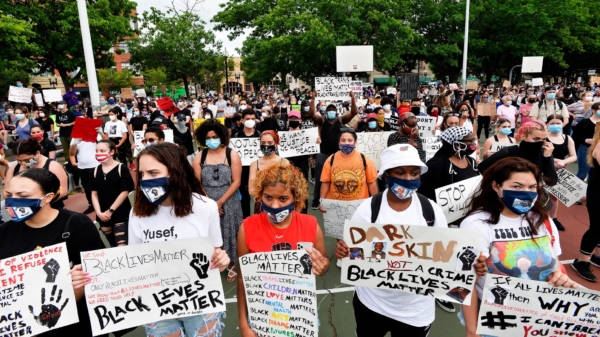
The key number, however, is this: Only 7 percent of Massachusetts’s residents are black, yet they constituted 35 percent of people killed by cops. African Americans therefore appear in Massachusetts police homicide stats at five times the rate, or with 400 percent greater frequency, than do they appear in the state’s total population count. Now we are beginning to see where the national average comes from.
